History will tell you that Lando Norris won the 2025 Formula 1 Monaco Grand Prix, amid a barren spell for the British star. A nigh on fairytale where a driver, supposedly short on confidence in both himself and his car, mastered one of the most notorious and intimidating challenges for any racing driver.
But in the backdrop of the Principality made famous by Oscar-winner Grace Kelly, the B Plot in this cinematic showpiece was the FIA’s introduction of the mandatory two-stop rule, and with no incidents to produce any discernible drama, it feels that the idea became less Hollywood and more Borehamwood.
As Formula 1 cars have grown to an unrecognisable proportion, like a child during school summer holidays, the popularity in new markets has grown with it, and the breed of fans of a new generation, who perhaps don’t understand the history and heritage, have questioned why Monaco holds any relevance.
It is, quite simply, one of F1’s ‘heritage sites’, it will not, and should not, ever be displaced from the calendar. But it is fair that it has begun to make itself a jewel-encrusted elephant in the room that is the schedule, and until the cars are smaller – as the 2026 ones will be to some extent – the level of excitement will be low.
There was some understanding of why the two-stop rule was put in place, but it was largely concluded that the idea did not work in reality, with the most damning dressing-down coming from Mercedes’ George Russell.
“We definitely need to have a real think about what the solution is here in Monaco,” he told media, including Motorsport Week.
“I appreciate trying something this year for two stops; clearly, it did not work at all.
“For all of the drivers, qualifying is the most exhilarating moment of the weekend.
“I think that’s what you guys enjoy watching the most, and 99 per cent of the other people in Monaco are here sipping champagne on the yacht, so they don’t really care.”
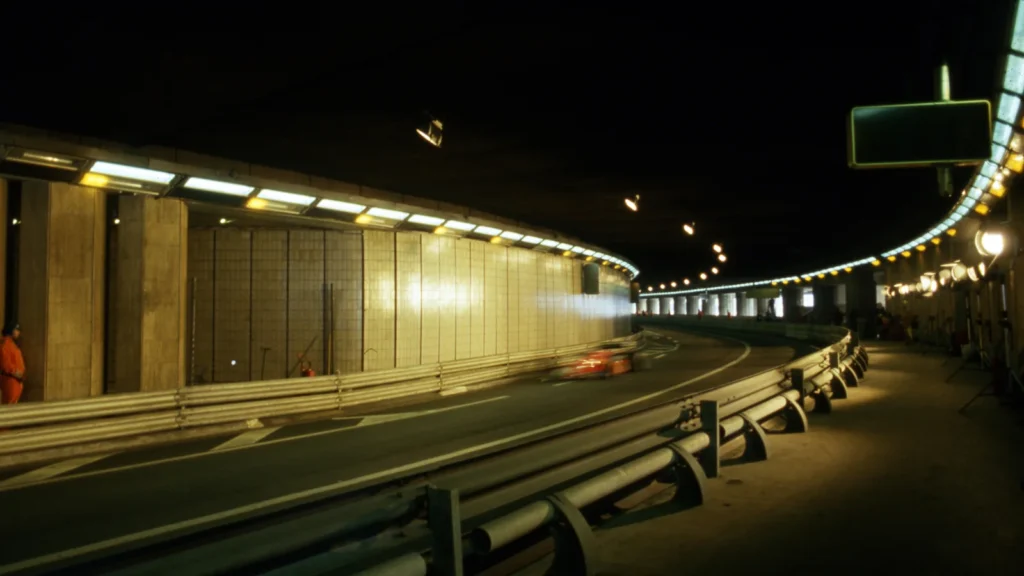
‘Do you want to manufacture races?’
In contrast, McLaren boss Andrea Stella was keen to give praise to the FIA for giving the idea a go, and looked ahead to next year, when the chance of a more entertaining race, as per the new regulations.
“I think we should praise the fact that Formula 1 and the FIA made an attempt to improve racing in Monaco,” he told select media, including Motorsport Monday. I think the main limitation remains the fact that you cannot overtake. This is quite structural as a limitation and I am not sure exactly how this can be modified, can be changed, just simply by imposing a certain number of pit stops.
“What I’m interested in seeing is next year with the smaller cars and with cars with less grip, therefore all the braking zones will be much, much longer. Cars that will have a completely different power unit, deployment strategy. So, we are fundamentally changing the cars and I would hope that this change of the cars will make overtaking possible even at least when you are three seconds faster.”
Norris joked that he “hated” the two-stop rule in the post-race press conference, but was more serious when expanding on the issue, saying the possibility of the rule helping hand the win to someone who did not earn it didn’t sit right with him.
“Do you want to manufacture races? There’s not been any more overtaking here, you know. I thought that was what was wanted,” he said. “Now, you just give people opportunity by luck, by waiting for a red flag, waiting for a Safety Car, you’re not getting a more deserved winner at the end of things, which I don’t entirely agree with.
“I think it should be the person who drives the best race and deserves to win. Of course, yeah, I’m slightly biased in my opinion, but I think it needs to be improved in different ways.
Norris did, however, make the point that overtaking at Monaco has been one of its selling points, and that earning pole position in qualifying has, traditionally, been part of the reality.
“Overtaking has never been good in Monaco, so I don’t know why people have such a high expectation. “But I also think Formula 1 should not turn into just a show to entertain people, you know. It’s a sport, you can race the best, you can qualify the best. Like Charles said everything was about yesterday, but that’s the way it’s been since, whatever, the first year, you know, like 50 years ago, 60 years ago.
“So the last thing I want is manufactured racing and I think we definitely need to stay away from that and do a better job with the cars, with tyres, then you might start to see more racing, but not by just introducing certain pit stops.”
It seems that regardless of the leniency or scolding the FIA has been given for the idea, the conclusion is that it didn’t work.
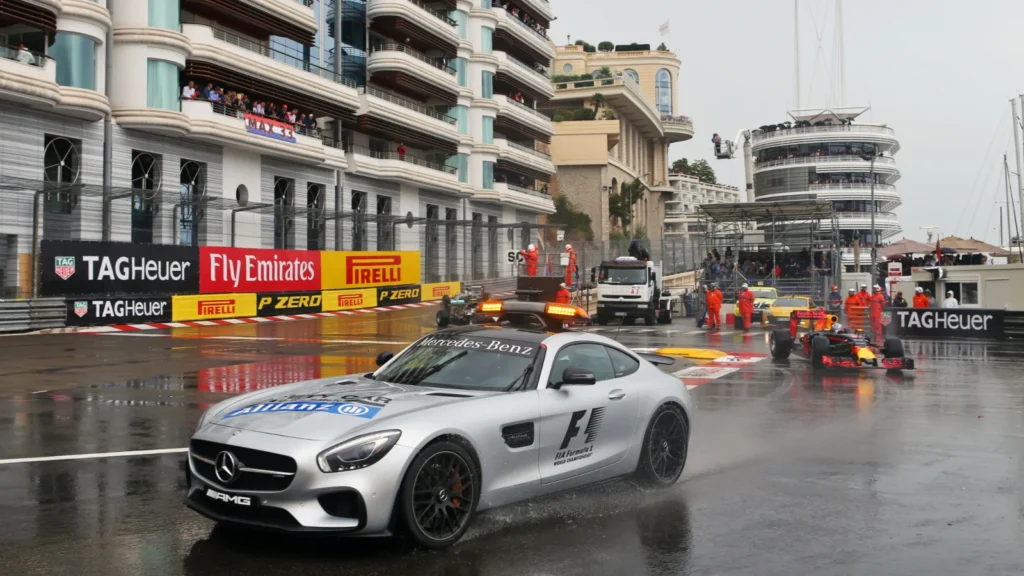
What value do new circuits bring compared to Monaco?
So, what is the wider conclusion we can draw from this? Mainly, that F1 is between a rock and a hard place when it comes to this now maligned, but ultimately stupendous race on its calendar.
Perhaps, just perhaps, if we were treated to the security of circuits that are still able to provide a real test of driver and car, through the medium of overtaking, then perhaps such gargantuan deals, given to newer circuits on the calendar such as Miami and Las Vegas, could be kept to a minimum. Monaco isn’t the only dull race of the year, and even if it was, it forms part of the soul of this entire sport, and wider motorsport as a whole.
To end on another cinematic note, if we were to paraphrase the words of the great Julie Andrews: how do you solve a problem like Monaco?
Answer: Maybe you can’t, but a dull Monaco is better than no Monaco.
In a country known partly for its casino, the FIA put it all on one number, but left the roulette table with no chips left, and the words of George Russell ringing in its ears.
READ MORE – Christian Horner insists Monaco ‘must move with the times’ in F1 track change proposal
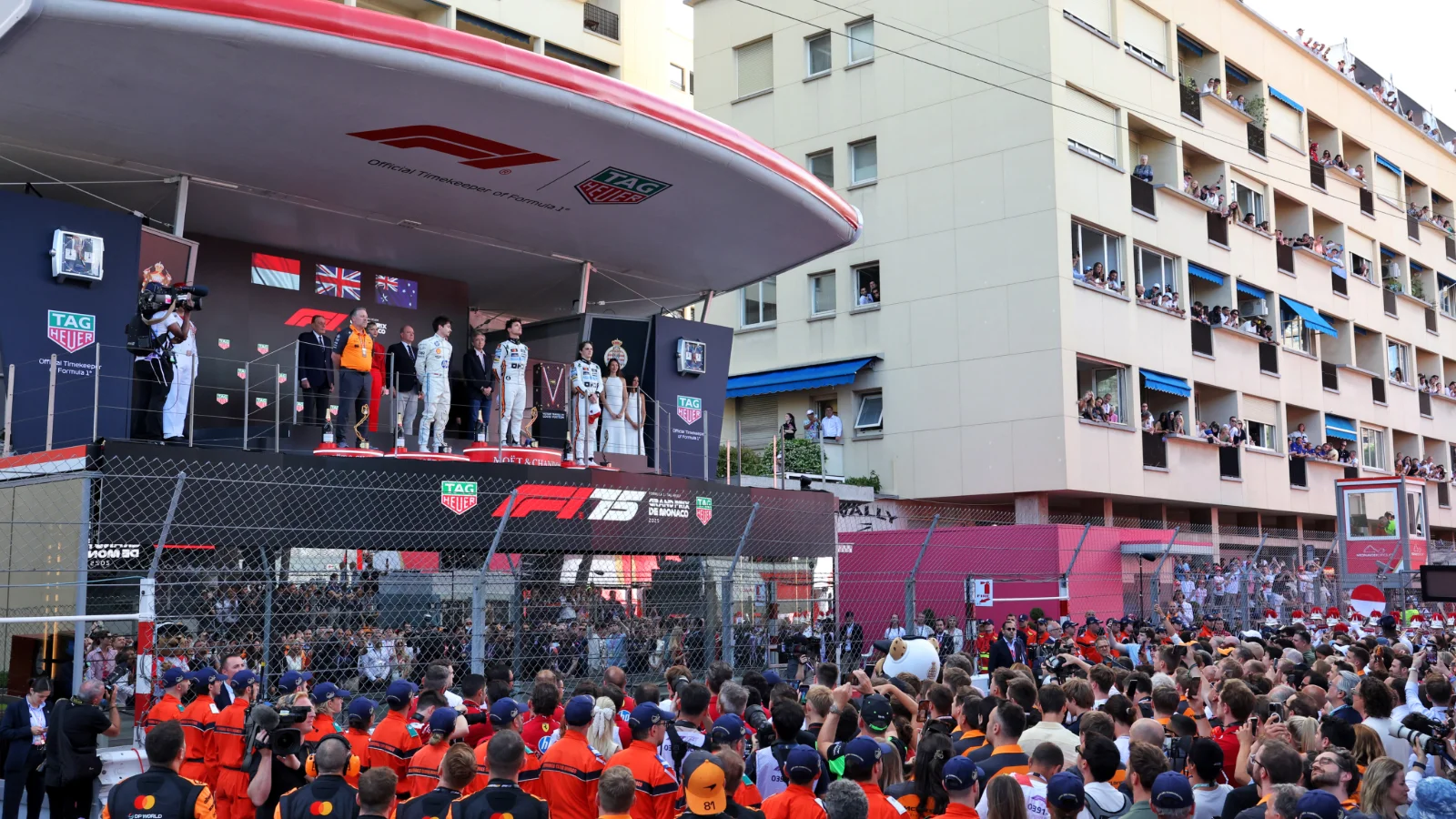


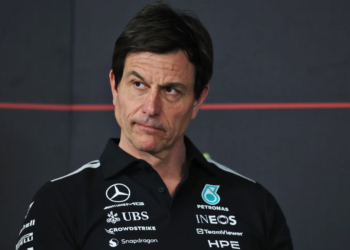
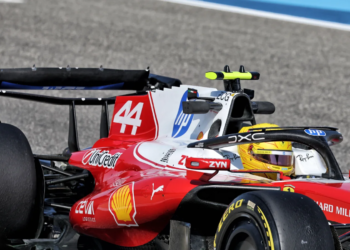
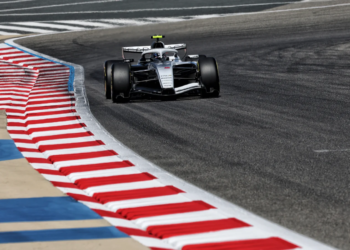
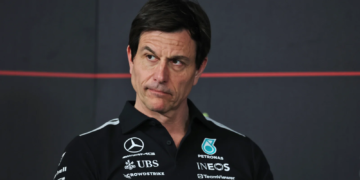
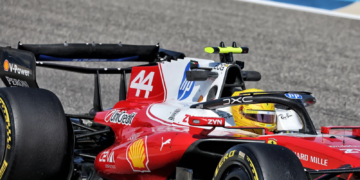
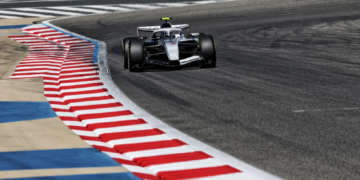
Discussion about this post